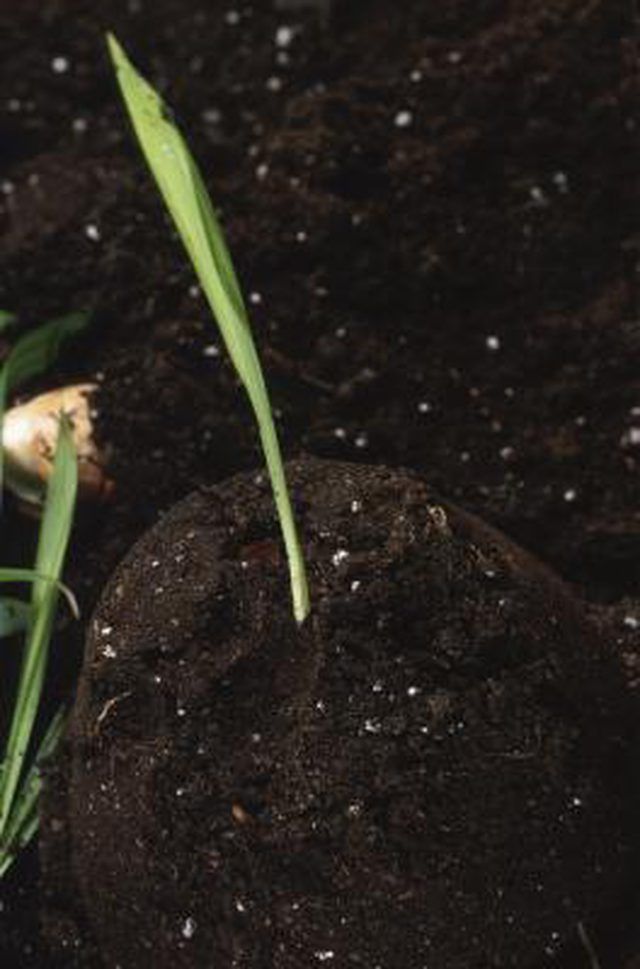Bulbs
Flower Basics
Flower Beds & Specialty Gardens
Flower Garden
Garden Furniture
Garden Gnomes
Garden Seeds
Garden Sheds
Garden Statues
Garden Tools & Supplies
Gardening Basics
Green & Organic
Groundcovers & Vines
Growing Annuals
Growing Basil
Growing Beans
Growing Berries
Growing Blueberries
Growing Cactus
Growing Corn
Growing Cotton
Growing Edibles
Growing Flowers
Growing Garlic
Growing Grapes
Growing Grass
Growing Herbs
Growing Jasmine
Growing Mint
Growing Mushrooms
Orchids
Growing Peanuts
Growing Perennials
Growing Plants
Growing Rosemary
Growing Roses
Growing Strawberries
Growing Sunflowers
Growing Thyme
Growing Tomatoes
Growing Tulips
Growing Vegetables
Herb Basics
Herb Garden
Indoor Growing
Landscaping Basics
Landscaping Patios
Landscaping Plants
Landscaping Shrubs
Landscaping Trees
Landscaping Walks & Pathways
Lawn Basics
Lawn Maintenance
Lawn Mowers
Lawn Ornaments
Lawn Planting
Lawn Tools
Outdoor Growing
Overall Landscape Planning
Pests, Weeds & Problems
Plant Basics
Rock Garden
Rose Garden
Shrubs
Soil
Specialty Gardens
Trees
Vegetable Garden
Yard Maintenance
Organic Vs. Non-Organic Soil
Organic Vs. Non-Organic Soil. All soil is composed of organic matter. The terms "organic" and "non-organic" refer to the process and the chemicals used to maintain soil. Conventional, non-organic farming relies on synthetic fertilizers, pesticides and soil amendments to promote growth and discourage disease. Organic soil uses...

All soil is composed of organic matter. The terms "organic" and "non-organic" refer to the process and the chemicals used to maintain soil. Conventional, non-organic farming relies on synthetic fertilizers, pesticides and soil amendments to promote growth and discourage disease. Organic soil uses only natural, non-synthetic materials to obtain similar, or better, results.
Considerations
Dozens of scientific studies have been undertaken in the past decade to determine the relative value of organic versus non-organic soil. Scientists examine both the quality of the soil and what is produced using it. Overall, research indicates that organic soil is a better quality soil than conventional soil, producing higher quality and better tasting food.
Soil Quality Indicators
Soil quality is measured by its ability to sustain biological growth, promote plant health and preserve the environment. The presence of organic matter enhances the fertility and water storage of soil. Studies indicate that organic soil, when compared to non-organic soil, has a greater concentration of micro nutrients, higher stress tolerance and increased levels of carbon and nitrogen.
Going Organic
Organic gardening doesn't have to be expensive. You can make your own organic soil with compost from common household garbage, such as orange peels and grass cuttings. In some cases, soap and water can replace expensive pest sprays. Overall, good soil is the best defense against disease and pests.